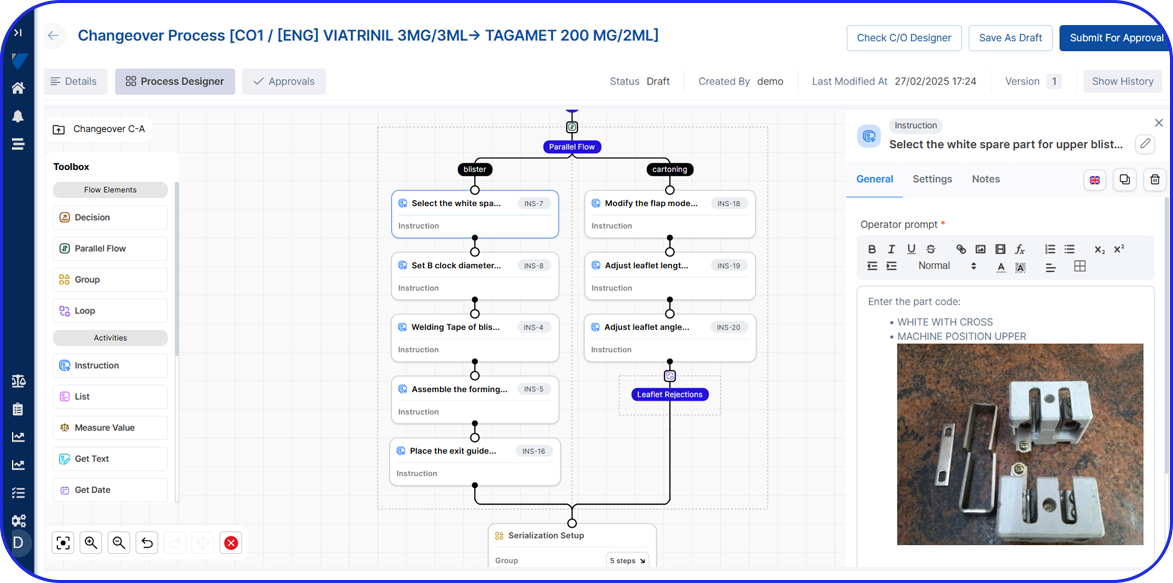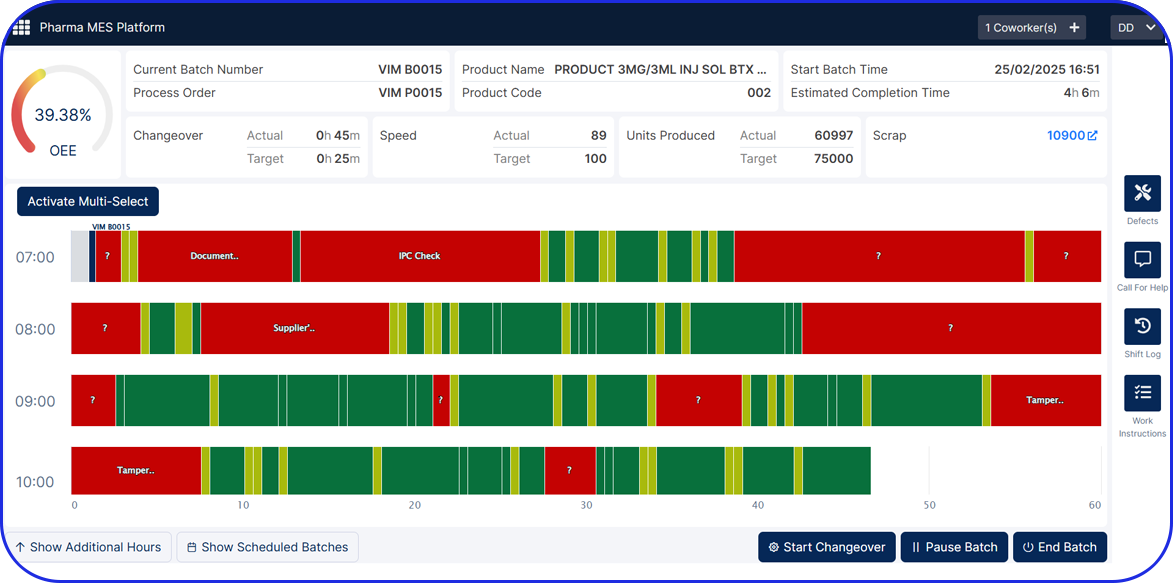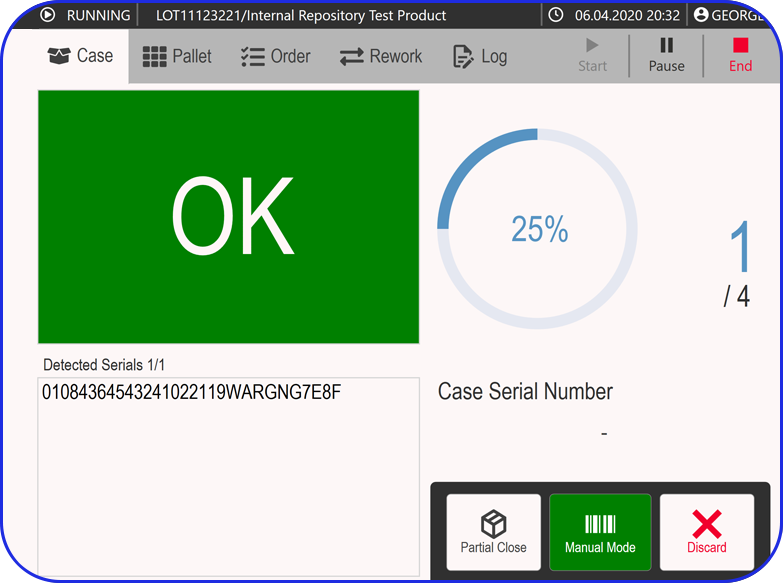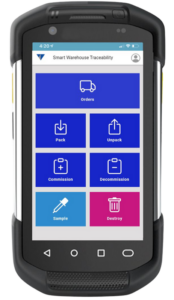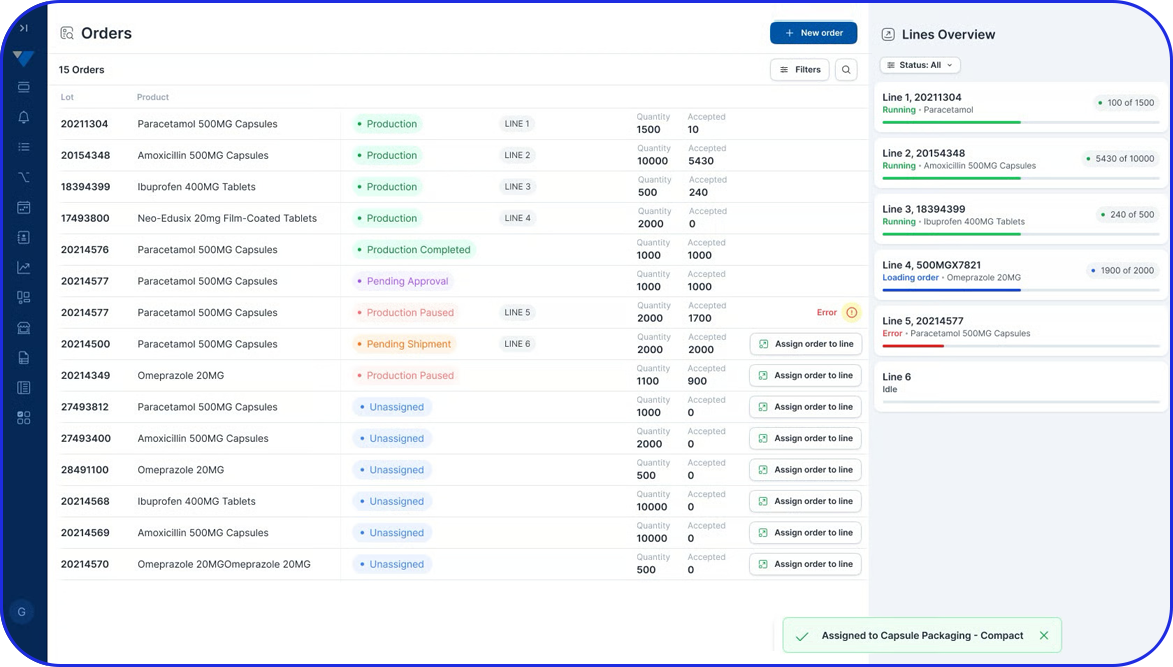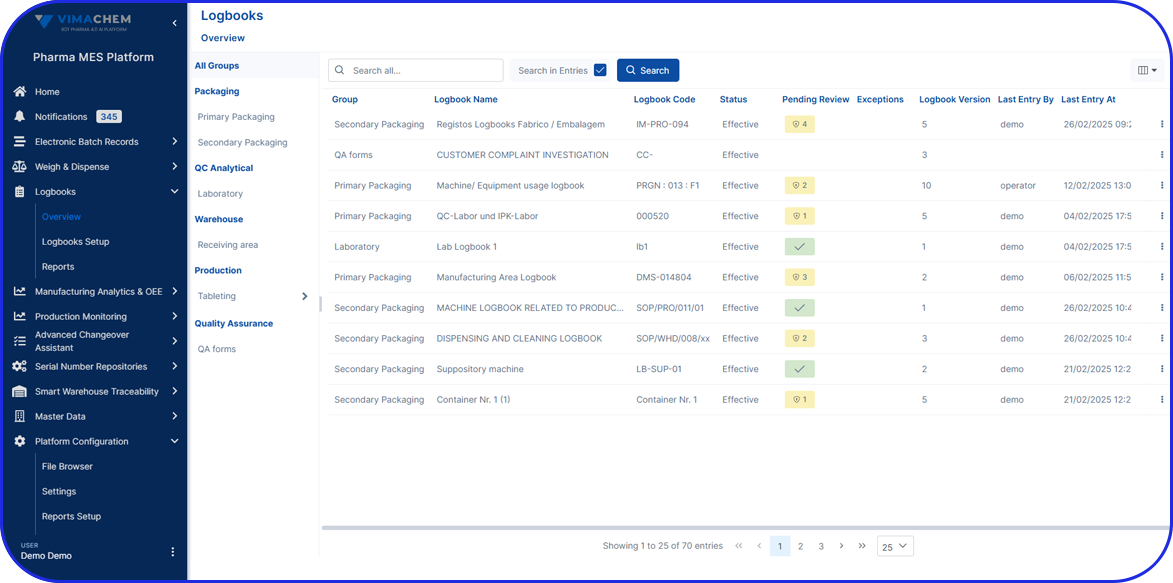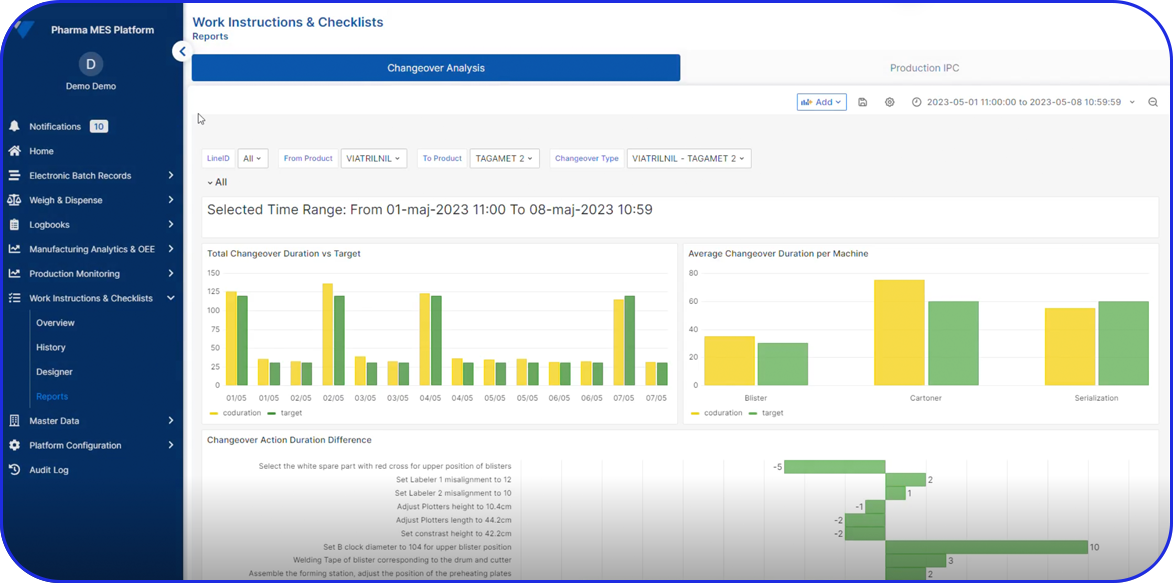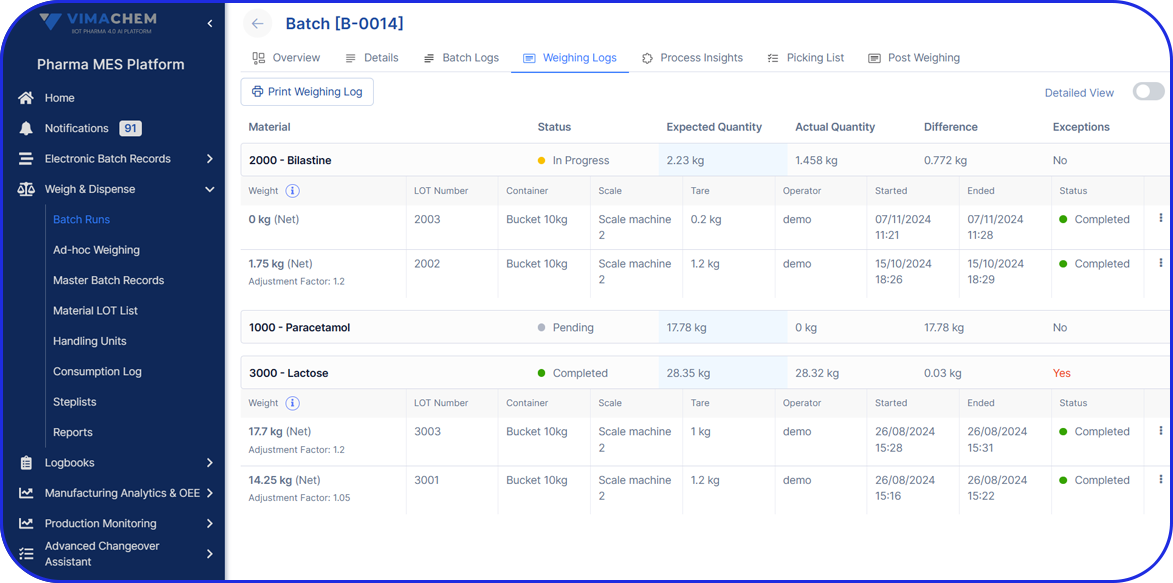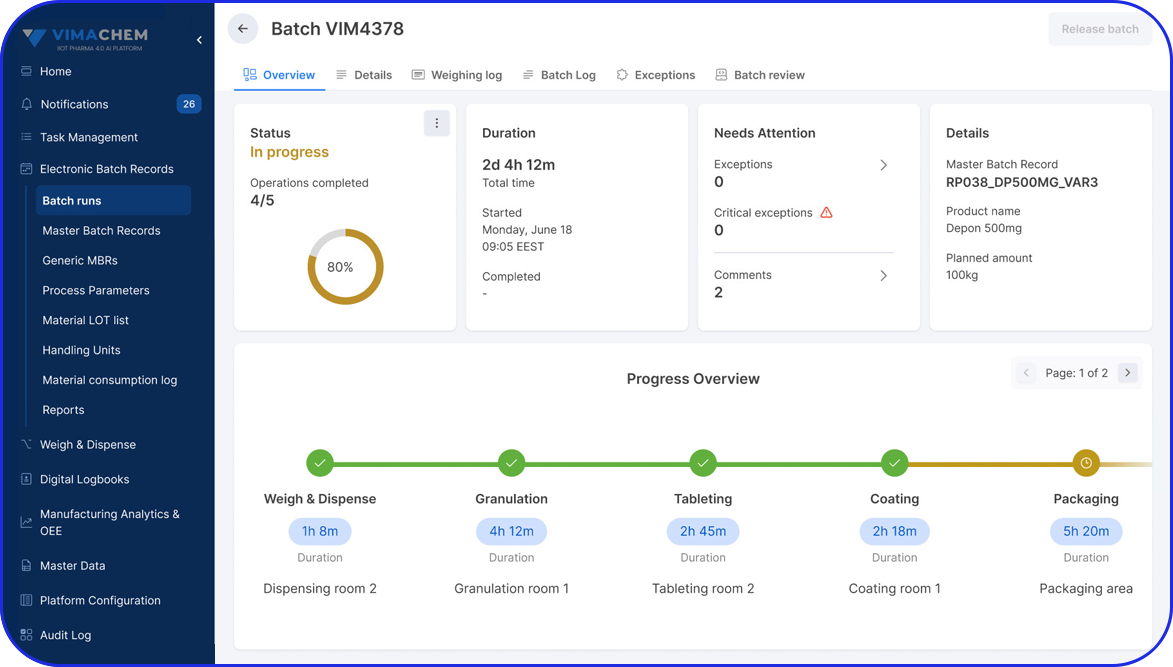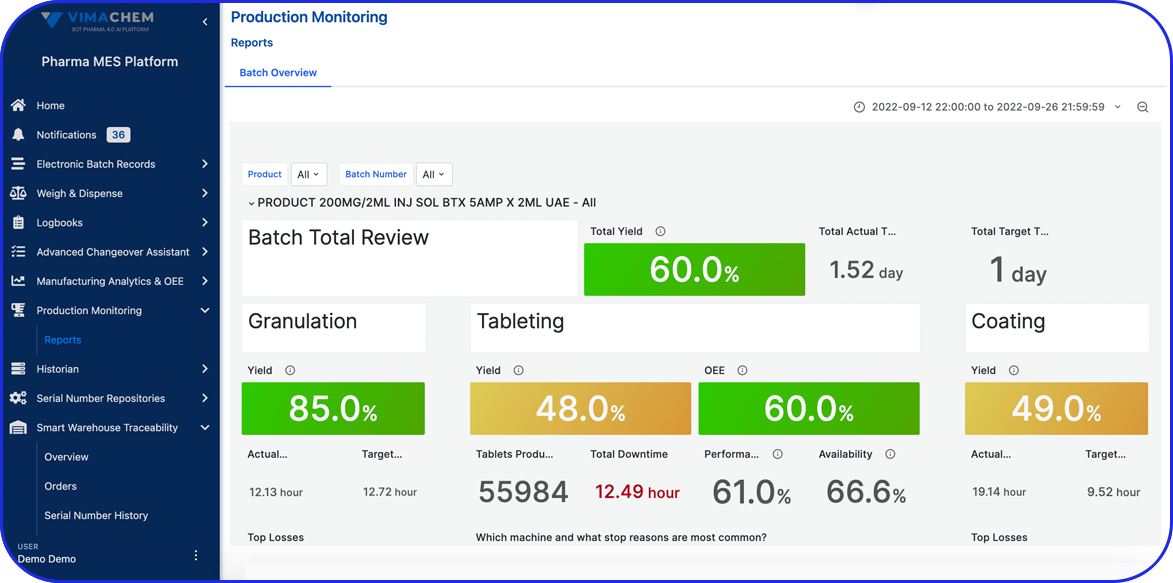How To Ensure Data Integrity In Pharmaceutical Manufacturing
How To Ensure Data Integrity In Pharmaceutical Manufacturing
Data integrity in pharmaceutical manufacturing guarantees drug product quality and safeguards patient safety.
In the contemporary landscape, advanced technology helps maintain high data quality but also presents various challenges, amplified by strict regulatory requirements.
Let’s see how organizations in pharma and biotech production can maintain data integrity and enhance their output.
What Is Data Integrity In Pharma
Data integrity in pharma is the assurance that data is complete, consistent, accurate, and reliable throughout its lifecycle. Data integrity is critical to drug product quality and, thus, patient safety. It also reinforces traceability and fulfills regulatory requirements, thereby protecting processes within pharma manufacturing.
Why Is Data Integrity So Important In Pharma Manufacturing?
Data integrity is woven into every stage of the product lifecycle, from the lab to the shelf, and in every system that stores, processes, or retrieves data.
Scientists working in drug development need to have all the original data accurately documented and available, including observations and documented activities, so that they can reconstruct clinical studies without undermining the drug’s safety, quality, and efficacy.
In manufacturing, data integrity guarantees that production processes are consistent, ingredients are properly measured, and drug products meet stringent quality standards.
Moreover, before any new medical product reaches the market, healthcare industries must meet data integrity requirements and comply with all relevant GxP.
Without it, the safety and effectiveness of new medicines cannot be reliably determined, potentially harming patients. Compromised data can lead to regulatory non-compliance, product recalls, and, above all, harm to patients.
What Is The Greatest Challenge In Maintaining Data Integrity In The Pharma Industry?
Today, one of the biggest challenges is maintaining data integrity throughout its lifecycle. The main reason is the technological complexity used in data generation, storage, and analysis across a multitude of digital tools that flood the industry.
This challenge is further complicated by the evolving regulatory landscape with increasingly stringent data integrity requirements.
And, of course, there’s also the human factor.
Let’s break things down:
Rapidly Evolving Technological Landscape
To abide by Pharma 4.0 initiative, companies adopt emerging technologies like cloud, big data, and the Internet of Things (IoT). Despite the benefits of this digitization, they need to manage the integrity and security of enormous and diverse datasets across interconnected systems.
Apart from that, relying further on legacy systems and dated technology, which may not have the appropriate security features or compliance capabilities, increases data management challenges.
Human Factors And Organizational Culture
Even with lots of technology, persistent human factors continue to plague pharma data integrity. Things like manual data entry, lack of awareness, tiredness on night shifts, and insufficient training may cause unintentional errors or non-compliance.
A lack of clearly defined roles and a weak or nonexistent data governance framework within organizations often leads to confusion around accountability and makes it difficult to maintain data consistency across systems.
Lack of Data Consolidation, Consistency And Traceability
In the pharma industry, data is often distributed across disparate systems and departments that lack integration within a unified ecosystem, such as Manufacturing Execution Systems (MES), Laboratory Information Management Systems (LIMS), and Quality Management Systems (QMS). This fragmented landscape creates data silos, results in inconsistencies, hinders a single source of truth, and undermines traceability.
Data integrity in clinical trials is further complicated across collaborative research groups that may have differing data-handling approaches.
Regulatory Compliance Burdens
Pharmaceutical manufacturers operate within a complex web of regulations and guidelines like GMP, GLP, 21 CFR Part 11, and more. Meeting ever-changing compliance burdens and data integrity is an ongoing challenge.
And it can get more complicated when dealing with outsourced manufacturing partners who follow varying compliance standards.
What Are Some Effective Solutions To Ensure Data Integrity In The Pharma Industry?
In short, to safeguard data integrity in pharma production and distribution, you must nurture a culture of integrity across your operations and back it up with robust technology.
Here are some suggestions:
Develop A Data Governance Framework
There is increasing awareness of the importance of robust data governance frameworks and compliance programs for data integrity.
As a result, organizations are investing in comprehensive strategies to create, implement, and communicate clear and achievable policies, procedures, and controls for data management and adherence to regulatory mandates.
Advanced solutions are key players in streamlining your data handling requirements.
Integrate Robust Electronic Batch Records (EBR)
Modern, cloud-based Electronic Batch Records (EBR) in pharma manufacturing improve data quality and ensure compliance and security.
More specifically, robust, industry-specific EBRs help you to:
Maintain Accurate Records
Electronic Batch Records (EBR) integrate with IIoT devices and perform automated checks for non-conformities.
This powerful approach to data aggregation and management automates data entry, provides real-time visibility, and optimizes quality evaluations.
Safeguard Data Security And Compliance
EBRs prevent unauthorized data exposure via role-based control access. They also track every production step (including device records and equipment logs) to provide comprehensive and secure audit trails that streamline operations and produce compliant batch histories.
Some EBRs come with built-in compliance capabilities, allowing them to easily adapt to changing regulations. They also support electronic signatures for compliant record-keeping and approvals.
Foster a Culture of Integrity And Ethics
Often overlooked, human behavior and culture are crucial in maintaining data integrity. Establishing a solid foundation begins with best practices: implement robust data governance policies, enforce data quality controls, ensure data is attributable, legible, contemporaneous, original, and accurate (ALCOA), and conduct regular internal audits. These structural elements create the conditions for integrity, but culture is what brings them to life.
Here are some things you can do:
- Invest in continuous training and education for all employees.
- Create an environment where employees feel empowered to raise concerns and report incidents without fear of reprisal.
- As a leader, set the tone and be clear and transparent on your ethical and integrity expectations.
- Incorporate human error management strategies and double-checking processes to reduce the risk of both intentional and unintentional mistakes. Where possible, work with solution providers that offer operator training and implement tools specifically designed to minimize opportunities for human error through automation and guided workflows.
- Maintain a positive spirit of transparent communication with regulatory authorities and proactively address unanticipated issues related to data integrity during R&D or regulatory submission.
Best practices include establishing robust data governance policies, implementing data quality controls, ensuring data is attributable, legible, contemporaneous, original and accurate (ALCOA) and conducting regular internal audits.
See how Vimachem safeguards your data integrity
The Role Of Pharma MES In Data Integrity
AI-Driven MES solutions are designed to manage and monitor pharma production in real time, collecting data from machines, sensors, and humans throughout all processes. By validating the input against the known patterns of normal operations, MES systems isolate anomalies as they occur, thus safeguarding data quality.
Intelligent MES platforms ensure that all manufacturing data is correct, consistent, and reliable, thereby avoiding errors and discrepancies that can cause production problems and quality defects.
Designed specifically for pharma and biopharma, Vimachem MES incorporates AI, IIoT, and Pharma 4.0 principles, to securely connect and unify all plant-based data and deliver meaningful, actionable information to factory employees.
Using Vimachem’s modular MES capabilities, like digital logbooks and electronic batch records (EBRs), pharma manufacturers not only strengthen compliance and data integrity but also streamline production and reduce quality defects, which helps them scale faster.
Schedule your MES demo today.

